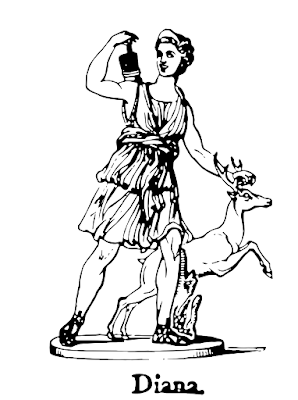Explore the beautiful intersection of individuality and collective unity as we dive into an unconventional New York City commute experience. Find solace in the words of Cesare Bonesana and Arthur Rimbaud, reminding us of our shared humanity and continuous evolution.
"Happy is the nation without a history."
- Cesare Bonesana, Marchese di Beccaria
Reflecting upon Cesare Bonesana, Marchese di Beccaria's words, "Happy is the nation without a history," I found a profound truth in the heart of an enigmatic dream. A regular New York City train became the stage of an unconventional tableau. Suddenly, as we pulled into the Atlantic Avenue station, the train erupted into a harmonious chorus of "OK!" But this wasn't a robotic reply, common to our daily commute.
In this spontaneous symphony, every passenger became an active participant, their voices coalescing into a vibrant affirmation of the moment. Each voice retained its individuality, yet melded into a harmonic collective, creating a soundscape antithetical to the cacophony we associate with the city's hustle and bustle.
I think about this moment when I read about how divided we are as a nation: red and blue, gay and straight, white, brown, black, and I know we have a lot of work to do to come together. But when people have to come together, when you have to buy your books from the bookstore and not shop online, in the comfort of your apartment, or when you have to pick up your laundry from the local laundry-o-mat, you come into contact with faces, with someone, an identity. Another who has a story.
Individuality is the idea that I am a unique being on this planet. No one is more unique than me. But as someone once told me, "You're unique. Just like everyone else." It is not that individuality is wrong or bad. I love embracing individuality — but individuality is different than solipsism. I exist because of the other, as Arthur Rimbaud, the French Symbolist poet, wrote, "Je est un autre." I am the other. It is a line from Rimbaud's poem "A Season in Hell," published in 1873. The poem is a semi-autobiographical account of Rimbaud's spiritual and psychological crisis. In the line "Je est un autre," Rimbaud expresses that the self is not a fixed or stable entity. Instead, the self is constantly changing and evolving. We are all "others" to ourselves because we are continually becoming new people.
The line "Je est un autre" has been interpreted differently. Some scholars believe that it rejects the traditional notion of the self. Others believe it is a celebration of the fluidity and mutability of the self. Still, others believe it is a call for us to embrace our inner "others" and see them as a source of creativity and growth.
Whatever the interpretation, the line "Je est un autre" is a powerful and provocative statement about the nature of the self. It reminds us that we are not static beings but constantly becoming.
I was probably feeling like Rimbaud. On the train. With others. But totally myself. And that recognition, that shared "ah ha" moment when we had all reached Atlantic Avenue on the D train. Together. This dream encapsulates the beauty of individuality with each other — a nation that reverberates in unison, even amidst such identity. Such a country may not have a shared history, but it suggests happiness from the serendipity of the present.




